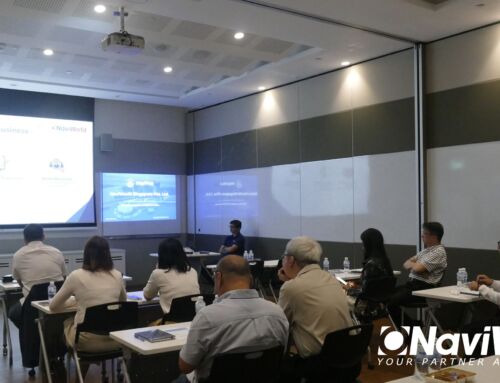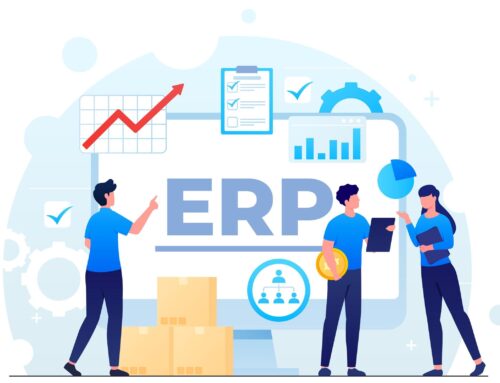Implementing an enterprise resource planning (ERP) system is a big step for any organisation in Singapore, as it supports your organisation’s primary business processes, such as accounting, budgeting, inventory management and more.
Implementation of ERP software is a major project with a broad impact, it’s important to follow best practices throughout each phase of the process to make sure that you get the most benefit from the system. Although you may have concerns around creating organizational disruption, budget overruns, project delays, or worse, the good news is that you will undoubtedly see success if you approach your ERP implementation with a well-designed strategy and a realistic plan.
1. Define Clear Goals
It is highly important to set your business goals before ERP implementation. Similar to the usefulness of a reliable map on a road trip, having the right methodology will help you to tackle the complexity of the project. These goals could be anything from wanting to reduce costs to increasing automation, reducing downtime, and improving customer satisfaction rates.
Start with an analysis of current systems and software in place, workflow, and business processes. The analysis is key to finding out how each process can be improved. It will help you generate a list of goals that your ERP implementation will need to meet. And from there, you can begin the process, having a clear vision of what you want to achieve with your ERP implementation.
2. Establish Effective Project Management
ERP implementation can take from months to a year for bigger companies in Singapore. Project management can guide your ERP implementation to success during the entire period and will ensure that the ERP initiative aligns with the needs of your business. It also ensures that implementation goals are on track.
A critical element of project management is having project teams with clear mandates. These teams usually involve representatives of key business groups who understand business processes, work well with others, and are respected by executive management. Stakeholders should also be able to offer input. Effective project management can help you decide which software should be prioritised to be set up first and which ones can be done later.
The team’s responsibilities would involve establishing top-level goals, requirements and key performance indicators (KPIs). They would also oversee day-to-day project management, including ensuring that the project stays on task and on budget.
3. Prioritise Collaboration and Communication
Communication is essential for the successful implementation of projects. It is crucial for vendors, business owners and end-users to be in sync. Everyone needs to be on board with the implementation and agree with the benefits that it will bring. There needs to be a mutual understanding of the goals and objectives of the ERP implementation.
Clear communication and a collaborative approach ensure that different teams will be involved in the implementation. Everyone involved should be informed during the process of the project. Communicate any changes that should be expected by different teams. You should also consider regularly scheduled meetings or calls to coordinate efforts, identify problems and issues, and communicate successes.
Keep your business partners, supply chain members and customers in the loop as well. It is good practice to keep them informed during the project and help them understand how the changes may affect them.
4. Conduct Training
It is unrealistic to expect your employees to instantly be comfortable and proficient with the new ERP system. Targeted training will have to be conducted to help employees accept the new system. It is essential to ensure that your business and staff in Singapore get the most benefits from the ERP implementation. Targeted training will match the needs of different teams of staff. An ongoing training program should also be set in place for when new employees join the company.
At Naviworld, ERP training is provided and recorded, where users can rewatch the video for easier visualisation of business/operational processes.
Applying the best practices throughout the ERP implementation process can help to ensure a successful project that delivers the most value to your business in the long run, Find out how Naviworld can help you implement ERP software successfully now.




